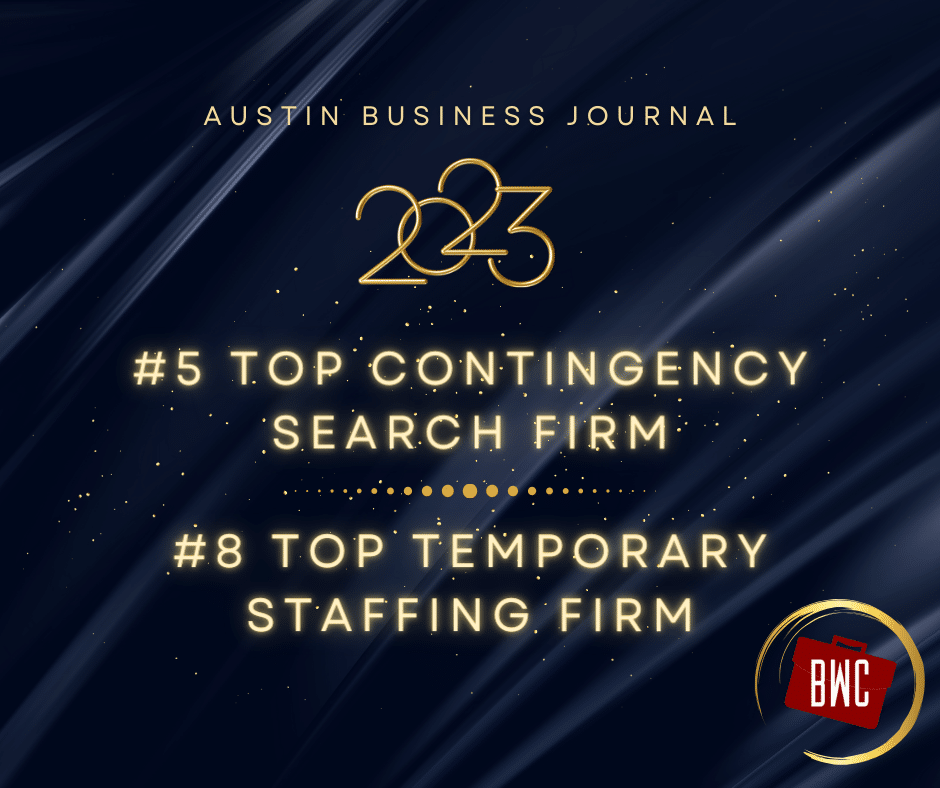If you’re in Talent Acquisition or Recruiting, you’ve seen it happen 100 times: We find a great candidate, drag her through phone screens and video interviews and face-to-face meetings with everyone in the department – and finally, we have “the one” – Super Sally will soon be hired. The hiring manager works with HR, Compensation, and budget to come up with an offer for Super Sally. It’s a good one based on our internal salary structure – the base is nearly as much as we pay Awesome Allison, who’s been on the team for 7 years. Hey, we can’t bring in a newbie higher than Allison, right?
So, our great offer comes together, and we present it to Sally with the expectation that she’ll accept it on the spot. Instead, Sally laughs and says she makes 20% more than that now, and just turned down an offer from a competitor who offered her “only” a 15% increase above her current salary. Door slam.

We are shocked, then come back to Sally with a meaningful question: Well, what are your salary expectations for this position? Sally provides an answer that’s higher than everyone in the department except the manager, and we have to tell her “wow, you’re a great fit, but we just can’t get you there.”
Everyone involved here is frustrated, disappointed, and upset. The position’s now open again, the hiring manager will have to keep juggling her staff to accommodate for another few weeks, and Talent Acquisition is fuming because they have to work this position from scratch yet again.
Sally knows that she won’t be getting that great new job, and she’s insulted by the lowball offer. She gets back into job search mode, jumps onto her computer and finds an email from yours truly about a new opportunity, and that job sounds way better. Well, of course it is – Becker Wright is working it!
This is the worst possible outcome for a company, yet it happens every day in businesses, large and small. It absolutely did not have to turn out this way. A couple of informed suggestions:
- Realign your compensation structure to reflect external labor market salary levels (you’ll likely be stunned).
- Be candid with job candidates about pay rates from the very first conversation and make sure that everyone is on the same page well before getting to the offer stage. Just like that adage about an employee’s performance review, there should be no surprises when job offers are extended.
- Talent Acquisition and Recruiters – be courageous with hiring managers and executives about what you’re finding out from candidates when you candidly discuss compensation at first contact. You know why your TTF (time to fill) numbers stink and we can’t fill positions – tell your leadership why.
But why did this Super Sally situation happen in the first place?
The most likely reason is that we aren’t being open and candid about salary expectations early in the process. Now that many states and jurisdictions have statutes preventing companies to ask about a candidate’s current pay rates, this is even trickier.
Focusing on a candidate’s salary expectations for the role being discussed instead of asking for their current salary is a good start that keeps us out of those thorny legal issues. Finish the process by being open with the candidate about the company’s compensation expectations – at least confirm that their expectations are in line with the targeted range. Wait, the first one to mention a number loses in a negotiation, right? Wrong. If we don’t get aligned on this early, we end up with Super Sally part II.
There is more to the compensation conversation than meets the eye. Next week, we will dive deeper into today’s labor market conditions and how they affect compensation. Check back for The Compensation Conversation: Part II next week!






Haha “Door slam.”
I can’t tell you how many times I have been tempted to do that all because potential employers were not upfront about what what they were willing to pay. It’s just ridiculous that they think they can get away with offering ridiculously low salaries, especially if you are in my situation and live in an area with a very high cost of living.
You get what you pay for. If you don’t pay the market rate, great hires will run away from your lowball salary without thinking twice and you will either get poor quality hires or an upset employee who will quit as soon as he or she gets a better paying job. Be upfront and nobody wastes anyone’s time.